Do Hardwood Floors Creak More In The Winter? Know All Facts
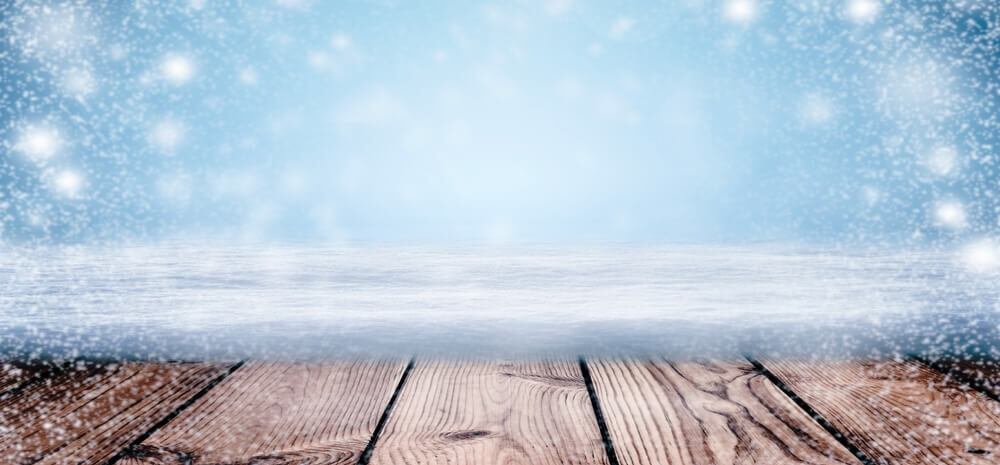
Every homeowner must have experienced a home floor creak in winter at least once in their lives. Being hardwood flooring experts, we have helped hundreds of people suffering from this issue. If you also suffer from a squeaking problem on your floor, worry not. You are at the right place.
Hardwood floors creak in winter due to temperature and humidity changes. Wood expands in the summers and contracts in cold weather. This expansion and contraction cause the floor to move, producing a creak and squeak. Research says that this creaking sound badly impacts a human’s psychological and physiological health.
In this article, we will discuss some other potential causes and effective ways to maintain the safety of the floors to its max.
Do Hardwood Floors Squeak More In Winter?
Wood is a natural material that shows the response to seasonal changes. In summer, when the humidity level increases, wood absorbs the moisture, swells, and expands in size. On the other hand, winter loses its moisture due to severe drops in temperature and humidity, dries out on movement, and creaks.
On Average, hardwood floors can easily bear 60-80 degree temperatures. However, 35-55% is the perfect humidity level for wood.
Hardwood floors may squeak in small areas or spots, and even the whole subfloors may move and detach from joists causing a creaking sound.
Some Causes Of Hardwood floors creak
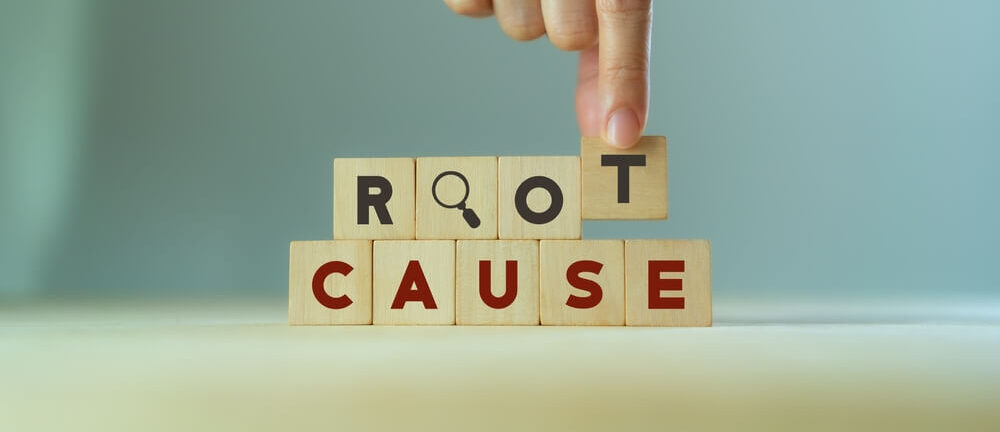
Sometimes, creaks are observed at any time of the year that are not due to seasonal changes. Let’s have a look at some other potential causes of floors scratching sounds:
1. Temperature And Humidity Changes According To Weather
Humidity is the major element responsible for keeping the wood wet or dry. In winter, when the wood dries out, it moves, rubs against the nearby wood board, experiences friction, and produces an irritating noise. The temperature of the wood is also responsible for cooling and dryness of the wood, which causes a screaming sound on movement.
2. Nails Pull Off
Excessive movement of wood planks pulls off the nails and screws from their place. Loosening of the nails facilitates the movement and results in floors’ groaning.
3. Glue Displacement
Constructive adhesives are used for perfect invisible attachment of floor layers. Sometimes glue is unfastened, and wood boards become mobile. Whenever somebody walks on them, a loud sound is heard.
4. Subfloor And Joists Issues
Subfloors and joists are the two-floor layers laid to provide a stable base for the wood floors. They are joined through nails, glues, or screws. When they are separated, they move and produce a squeak.
5. Water Damage
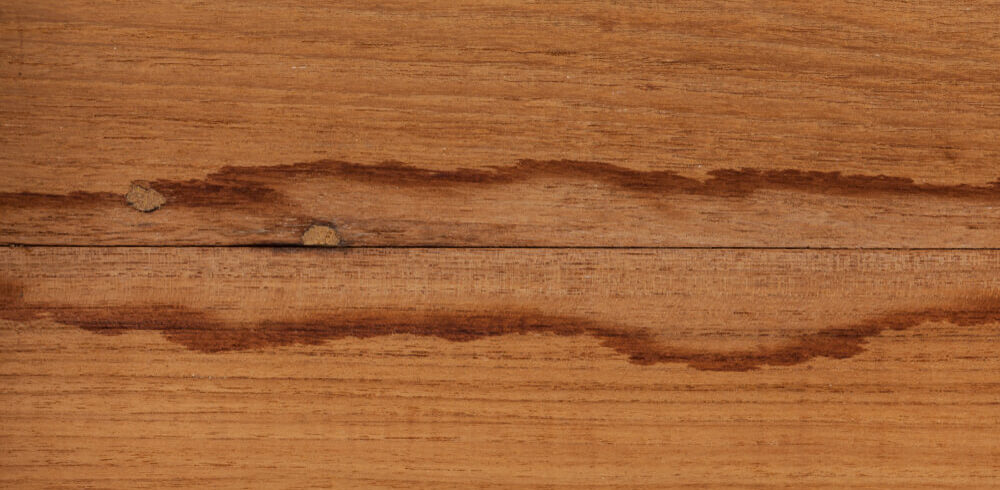
Every floor is damaged when exposed to water for a long time. Wood absorbs moisture and swells in contact with water. It loses its ability to hold the nails, glues, and other attachments.
6. Poor installation
The hardwood floor installation requires great care and attention. A careless installation may leave empty spaces or improper driving of nails. This will not hold the floor layers exactly in place and causes the floors to move.
7. Settling Of Floors
Home foundations move and settle down with time. This causes the movement of wood floors that produces sound.
These factors cause the hardwood floors to creak at night, irrespective of seasonal change.
How To Protect The Hardwood Floors Creak In Winters
Hardwood floors may get damaged due to one or another cause. But this is not a real panic now. You can adopt multiple different ways to protect or restore your floor creak. Tighten your wood floors by opting for one of the following methods;
- Maintain the temperature and humidity of the room or even the full home. Install an auxiliary heating system or humidity meter in your home. For humidity regulation, you can keep boiling some water in your home. Make sure your water pot is never dried. Insulate your rooms in winter as much as possible. Minimize the use of exhaust fans.
- Insert a tapered wedge of wood or plastic to fill any empty space. This will hold the layers in space and prevent movement.
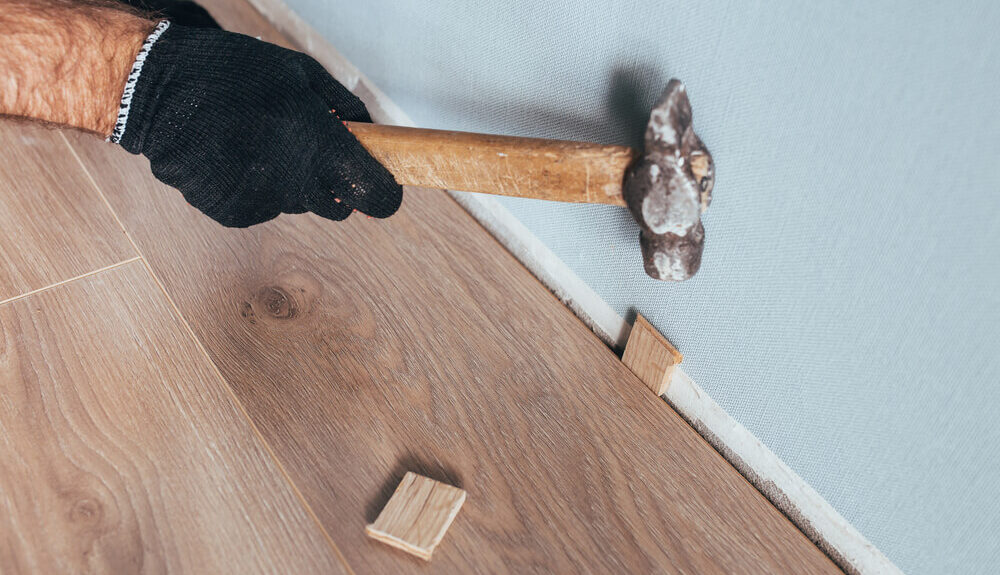
- Use a “Squeek No More” kit consisting of headless screws and a jig. Drive those screws through the subfloors and joists. Adjust them properly and cut their heads. This will tighten the layers, and no more creaks will be heard. While driving nails, Ask someone to stand near you to put some weight on the floor. This will help you in the perfect joining of the layers.
- For an instant solution, sprinkle some talcum powder on the squeaking joints or coat a layer of oil on the wooden floor. This will provide lubrication, prevent dryness, and help in the smooth rubbing of floors.
- Avoid placing powerful vibrating devices directly on hardwood floors, e.g., washing machines and dryers. Put them on some hard surface like tile or some concrete area.
- Don’t use the vinyl back rugs because they hold moisture and may damage your wooden floor.
FAQs

1. Which Flooring Is Best For Cold Weather?
Go for the denser material flooring. They are effective in holding heat and warmth in winter. Hardwood floors, carpet, vinyl & cork, solid timber, and laminate floors are suitable for cold weather. Solid wood floors may creak, whereas engineered floors are designed by keeping environmental issues into consideration. This is why they are comparatively safer choices.
2. Is Wooden Floor Warm In Winter?
Wood is a good absorber and insulator of heat. It does not allow the heat to escape from the home easily. Let your wooden floors absorb the heat from the sun in winter. It will keep your house warm for a long time. They are the best option because wooden floors are warmer than tiles and carpets.
3. Is It Better To Install Hardwood Floors In The Winter Or Summer?
A moderate fall or spring is the best weather for hardwood floor installation because extremely hot weather will expose your wood to moisture, and it will swell. On the other hand, winter will cause the excessive drying of wood that will cause the creaking and squeaking of floors.
Conclusion
The creaking of hardwood floors in winter is a common problem every homeowner has faced at least once.
Squeaking in cold weather is primarily due to shrinkage and movement of dry wood that can be prevented by providing a well-balanced temperature environment and restoring them by maintaining the floors’ stability.
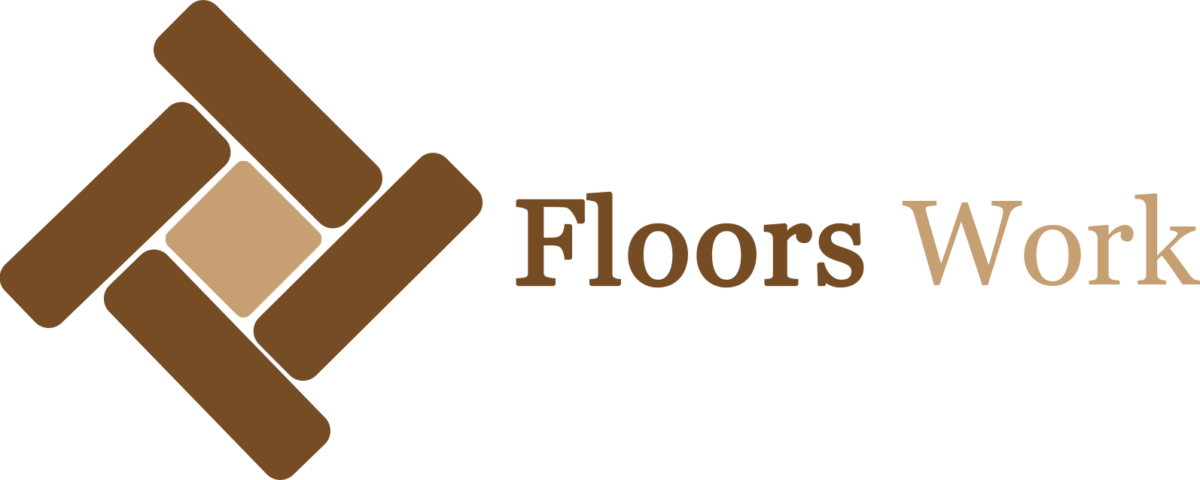
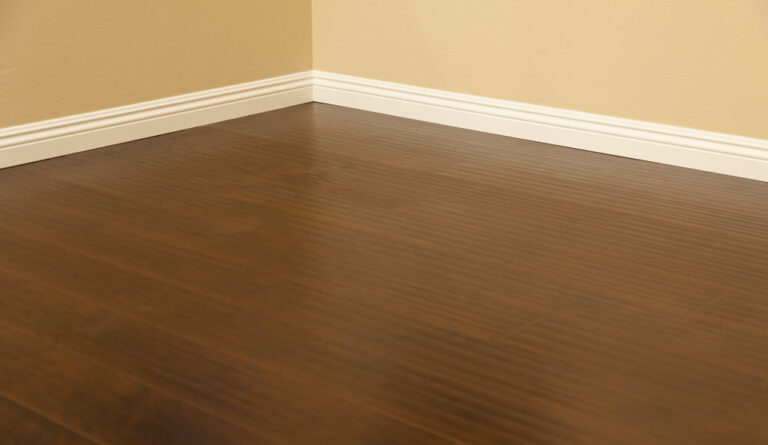
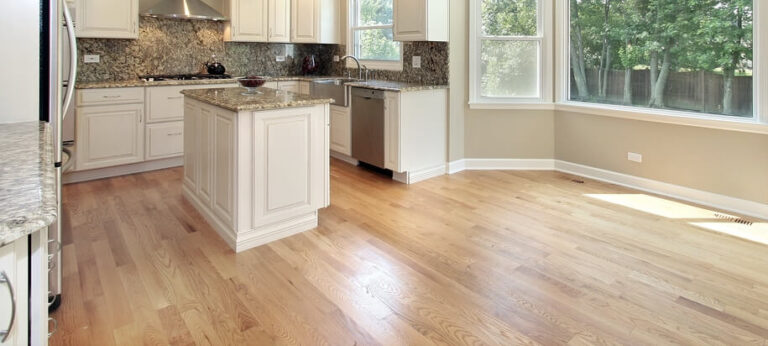
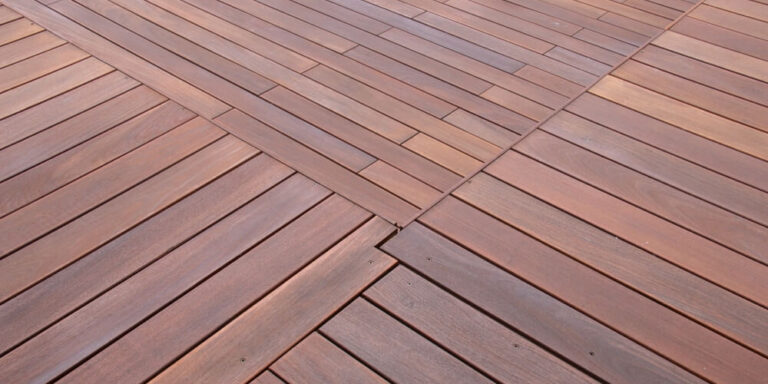
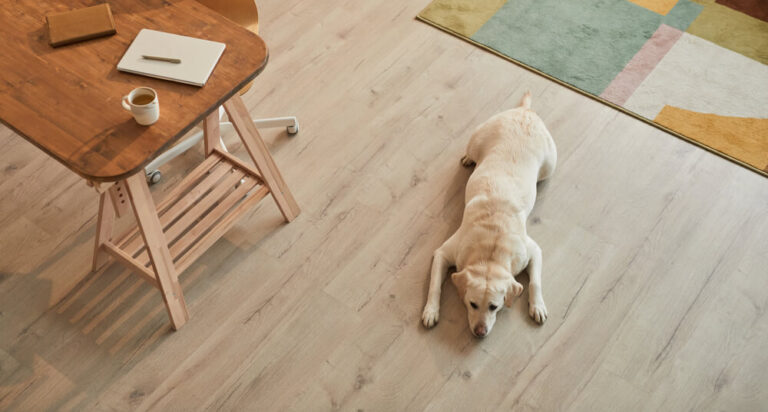
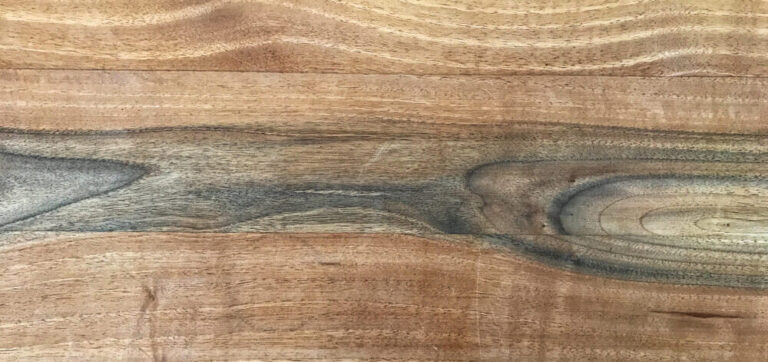
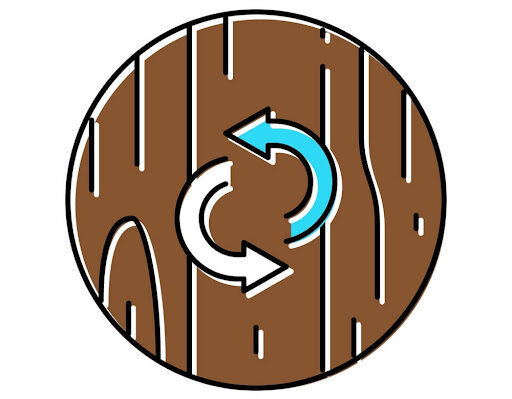

One Comment